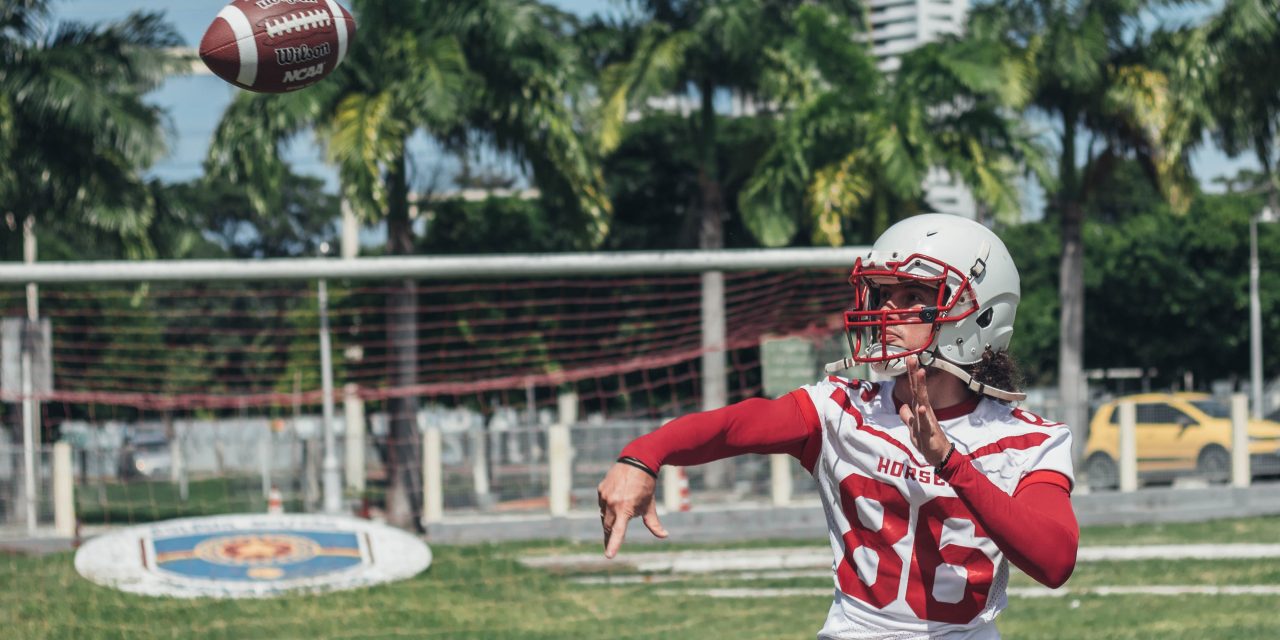Reports show that the average American spends at least 30 minutes of every day enjoying some form of sport activity, and it’s clear to see that people of all ages, all across the country enjoy playing games like football, basketball, hockey, tennis, and more.
These sports have a lot to offer. They can be a great way for younger people to make new friends, for example, or a good method for older folks to stay in shape and spend their free time in a productive and efficient way.
Above all else, sports are simply fun, which is what drives so many people to join clubs and local teams, participating in sporting activities whenever they get the chance. However, sports can also lead to injuries when players aren’t careful, and head injuries can be some of the worst.
It’s not uncommon for players of games like football and soccer to collide with other players in quite violent ways and wind up with serious head injuries like concussions and traumatic brain injuries. This guide will look at some top tips for keeping your head protected.
Don’t Push Yourself Too Far
Our first top tip to avoid head injuries – or any other kind of injury – is to avoid pushing yourself too far when you play your favorite sports. Sometimes, players can get carried away in the heat of the moment, trying to push themselves beyond their usual physical limits just to keep up with the pace of the game.
However, if you carry on playing when you’re feeling too fatigued to really continue, you’ll be much more likely to have an accident like a trip, fall, or collision with another player, which can lead to quite a lot of drama if you have to pay big medical bills, hire a lawyer, and deal with all the resulting consequences associated with your injury.
Wear Helmets and Other Protective Gear
The vast majority of contact sports demand the use of a helmet, and it’s not hard to understand why. Helmets save lives and prevent terrible injuries, and they really can make all the difference for players of games like football and hockey, with reports showing that the risks of concussions are vastly reduced when wearing solid and well-fitting helmets.
Other pieces of protective equipment can play a part in keeping you safe from head injuries too, like shoulder pads and elbow pads, as they help to absorb the energy from impacts and prevent you from feeling the blows and knocks of collisions as sharply. This can help to protect your whole body, so don’t overlook the importance of protective gear.
Be Attentive, Observant, and Ready to React
When it comes to avoiding head injuries in sports, one of the keys is to make sure you keep your head in the game and your attention levels as high as possible. If you remain alert and aware at all times, always looking around to see where other players are and being ready to duck, dodge, and evade collisions, you can keep yourself safe.
If you fail to observe your surroundings or start to lose concentration while you play, you could put yourself at risk, as you might not notice a player running right towards you or you might not give yourself enough time to react to avoid a heavy collision. Again, if you feel your concentration levels slipping, either step out of the game and take a break or try to get your focus back on track.
Don’t Lose Your Head
Sporting injuries are more likely to happen when players let their emotions get the better of them and start playing with anger or rage, rather than following the rules of the game and being a fair player. It’s just like road rage; when drivers give in to the red mist, they start behaving more recklessly and are more likely to cause accidents.
There’s nothing wrong with being passionate and involved in the sports you play, and emotion can be a driving factor in your own personal motivation and desire to win. However, don’t let those emotions go too far. If you start getting intensely angry or enraged while you play, you could do things you wouldn’t normally do, possibly hurting yourself and others in the process.
Conclusion
The worries of injuries shouldn’t deter anyone from playing sports, as the benefits of sporting activity far outweigh the possible risks of injury. However, it’s still important to play with care and consideration, understanding the risks you might face and doing all you can to avoid them.











